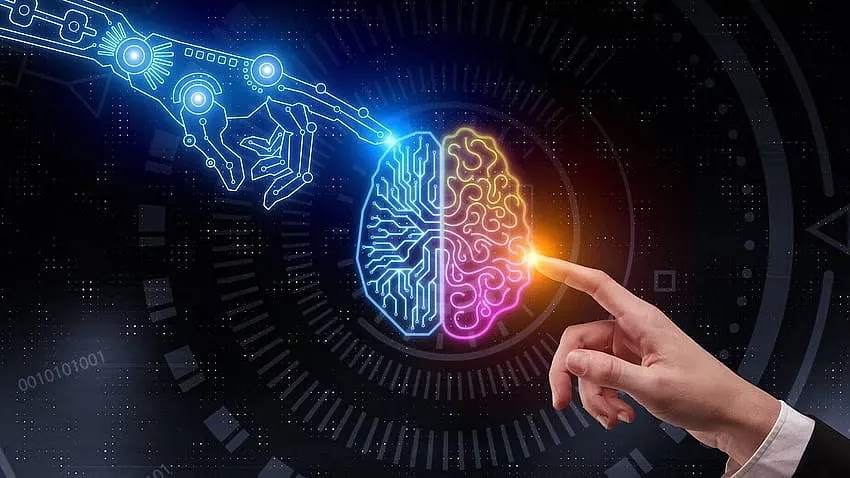Artificial Intelligence History of AI: From Fantasy to Reality
The concept of artificial intelligence (AI) has long captured the human imagination. From ancient mythology to modern science fiction, we've repeatedly dreamed of machines that can think and act like humans.
The history of modern AI is relatively recent, although its roots can be found in the work of 17th century philosophers. As such, René Descartes proposed a duality between the mental and physical worlds, a fundamental concept for AI.
In the 1940s, when the first digital computers were developed, AI research accelerated. Alan Turing, known as the "Father of Computer Science", developed the "Turing Test" in 1950, which is used as a benchmark to measure the intelligence of AI.
In the 1950s and 1960s, significant advances were made in AI research, particularly in symbolic reasoning and game playing. However, progress stalled in the 1970s, as computer technology could not meet the demands of AI algorithms at the time.
In the 1980s, the rediscovery of artificial neural networks (ANNs) led to a revival of AI. ANNs mimic the human brain and can learn from data. In the 1990s, the emergence of data learning using ANNs revolutionized the field of AI.
Data learning algorithms can learn from large amounts of data and solve complex problems. This has led to incredible advances in many areas of AI,
which includes
Computer Vision: AI can now understand and analyze any type of images and videos.
Natural Language Processing: AI can now understand and produce human language.
Robotics AI can now control robots that can perform increasingly complex tasks.
Current advancements in AI are moving at a rapid pace. It is difficult to predict what the future holds for AI, but it is clear that AI will continue to influence almost every aspect of our lives.
Some possible future applications of AI:
Healthcare: AI can help diagnose, treat and develop personalized medicine.
Education: AI can create personalized learning experiences for students.
Transportation: AI can help develop self-driving cars and drones.
Manufacturing: AI can make manufacturing processes more efficient and effective.
Environment: AI can help solve climate change and other environmental problems.
While AI has many potential benefits, it also involves some risks. Some potential risks of AI:
Job Displacement: AI may lead to the automation of some jobs, leading to changes in the job market.
Bias: AI algorithms can contain biases, which can lead to discrimination and unfairness.
Loss of control: Highly advanced AI can go beyond our control, with dangerous consequences.
The future of AI will depend on how we develop and use this technology. We must proceed carefully and responsibly to ensure the benefits of AI and mitigate its risks.
Ethics of AI
The rapid development of AI raises important questions about the ethics of this technology. Should we develop policies to regulate the use of AI? Some important questions about the ethics of AI:
Should AI be autonomous?
Who will control the use of AI?
Who will be responsible for AI?
Is the use of AI a threat to humanity?
It is important to have an open and honest discussion about the ethics of AI. We need to create policies that ensure the benefits of AI and help mitigate its risks.

